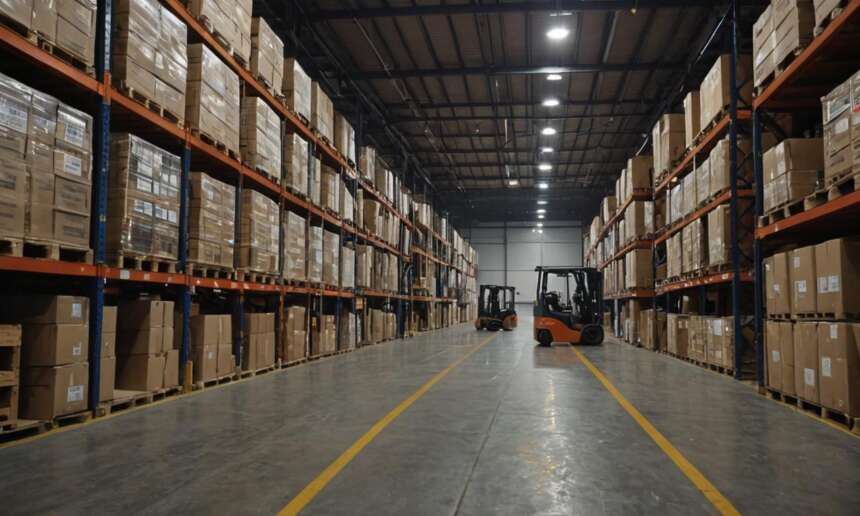Embarking on a journey to comprehend the intricacies of a logistics job unveils a multifaceted realm of operations that underpin the efficient flow of goods and services across various industries. From orchestrating the movement of products to optimizing supply chains, logistics professionals play a pivotal role in ensuring seamless operations.
The Essence of Logistics
At its core, a logistics job revolves around the management of resources, information, and processes involved in the procurement, production, and distribution of goods or services. It encompasses a spectrum of activities, including transportation, warehousing, inventory management, and order fulfillment.
Roles and Responsibilities
Logistics professionals are tasked with a myriad of responsibilities, each contributing to the overall efficiency and effectiveness of supply chain operations. These may include:
- Coordinating transportation routes and modes
- Negotiating contracts with suppliers and carriers
- Monitoring inventory levels and replenishment
- Optimizing warehouse layout and storage methods
- Utilizing technology for tracking and tracing shipments
- Responding to customer inquiries and resolving issues
Skills and Qualifications
Success in the field of logistics often hinges on a diverse skill set and relevant qualifications. Key attributes sought after in logistics professionals include:
- Strong analytical and problem-solving abilities
- Effective communication and negotiation skills
- Proficiency in logistics software and technology
- Attention to detail and accuracy
- Ability to thrive in a fast-paced environment
- Understanding of international trade regulations
Industry Impact
The significance of logistics extends far beyond the confines of individual businesses, shaping global trade and economic landscapes. Efficient logistics operations facilitate timely delivery of goods, reduce costs, minimize waste, and enhance customer satisfaction.
Career Opportunities
With the evolution of supply chain management practices and advancements in technology, the demand for skilled logistics professionals continues to rise. Career pathways in logistics span across various sectors, including:
- Transportation and freight forwarding
- Retail and e-commerce
- Manufacturing and production
- Third-party logistics (3PL) providers
- Government and military logistics
Delving into the realm of logistics unveils a dynamic and integral component of modern business operations. From orchestrating the movement of goods to optimizing supply chain efficiency, logistics professionals are the driving force behind seamless operations. With a blend of strategic thinking, technological prowess, and operational acumen, individuals can embark on a rewarding career path in the field of logistics.
Supply Chain Sustainability
As the global focus on sustainability intensifies, the role of logistics professionals in promoting environmentally friendly supply chains becomes paramount. This involves optimizing transportation routes to minimize carbon emissions, adopting eco-friendly packaging materials, and implementing green warehousing practices.
Technology Integration
Continual advancements in technology reshape the landscape of logistics operations. Integration of artificial intelligence, blockchain, and Internet of Things (IoT) solutions enhances efficiency, transparency, and security across the supply chain. Logistics professionals must stay abreast of these technological developments to remain competitive in the industry.
Frequently Asked Questions
| Question | Answer |
|---|---|
| What are the key challenges in logistics? | Key challenges include managing inventory effectively, optimizing transportation routes, mitigating supply chain risks, and integrating new technologies. |
| How can one enter the field of logistics? | Entry into the field typically requires a degree in logistics, supply chain management, or a related field, along with relevant experience or internships. |
| What career advancement opportunities exist in logistics? | Professionals can advance to roles such as logistics manager, supply chain analyst, or operations director. Continuing education and certifications also facilitate career progression. |




